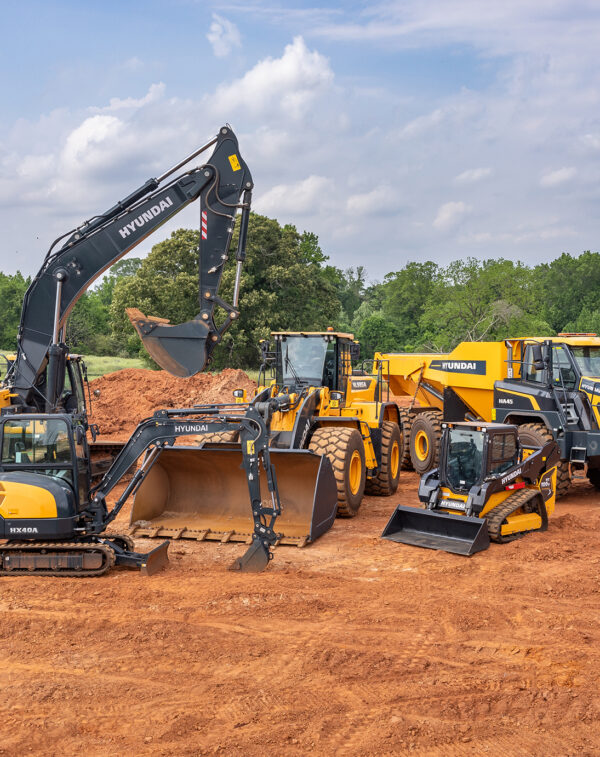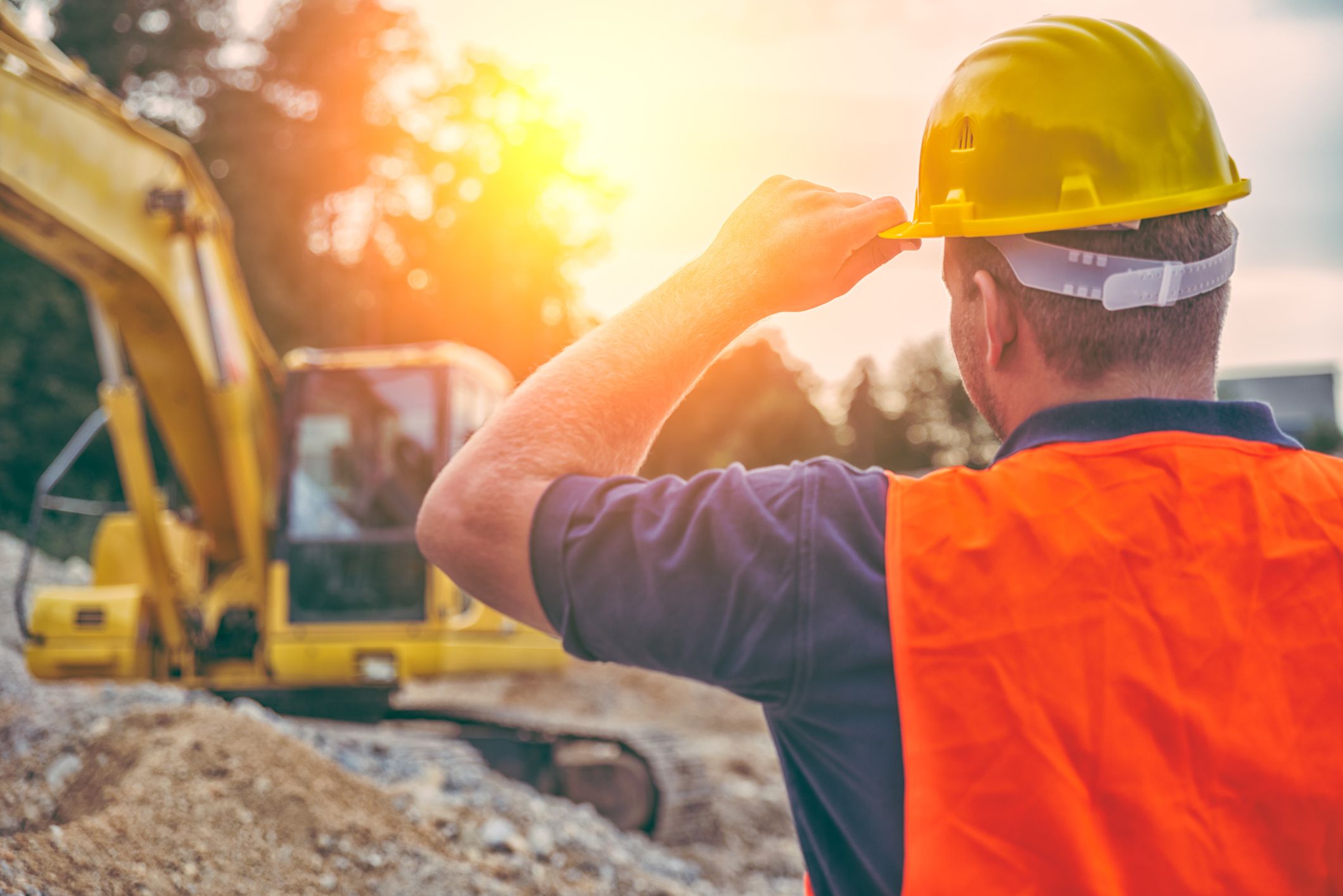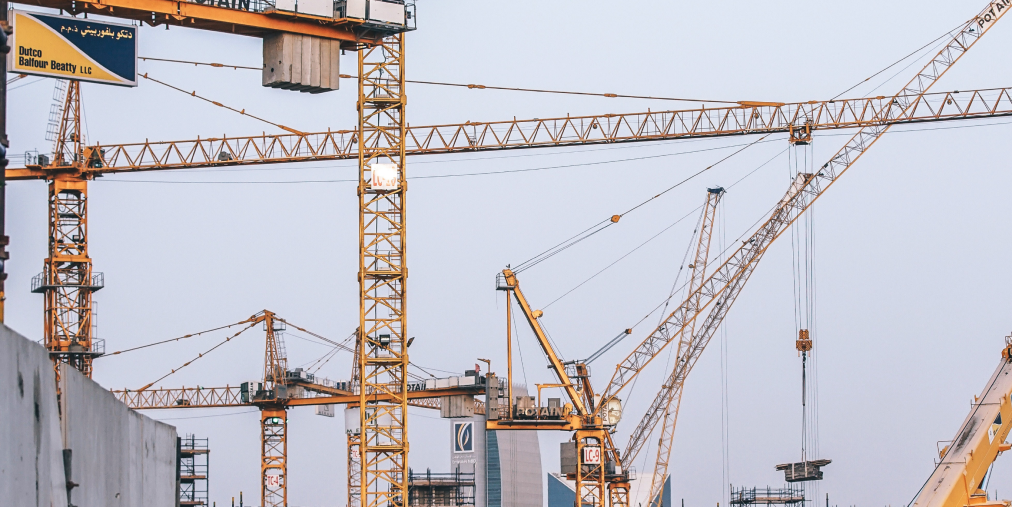Equipment Rental Company in Tuscaloosa AL: Your Trusted Resource for Machinery
Equipment Rental Company in Tuscaloosa AL: Your Trusted Resource for Machinery
Blog Article
Exploring the Financial Benefits of Leasing Building Tools Contrasted to Possessing It Long-Term
The decision in between leasing and possessing building and construction equipment is critical for monetary administration in the sector. Renting out deals instant price savings and operational flexibility, permitting firms to designate resources more effectively. In contrast, possession includes considerable long-lasting financial dedications, consisting of maintenance and devaluation. As professionals weigh these alternatives, the effect on cash money circulation, task timelines, and technology access comes to be significantly significant. Recognizing these nuances is necessary, especially when thinking about how they line up with certain job needs and monetary techniques. What aspects should be prioritized to ensure optimal decision-making in this complex landscape?

Cost Comparison: Leasing Vs. Owning
When reviewing the financial ramifications of owning versus renting out construction equipment, a thorough price contrast is necessary for making notified choices. The option between possessing and renting can dramatically affect a company's profits, and understanding the associated prices is crucial.
Leasing building and construction tools typically involves lower ahead of time costs, allowing businesses to assign capital to other functional requirements. Rental arrangements commonly consist of versatile terms, enabling companies to access progressed equipment without long-lasting dedications. This versatility can be specifically beneficial for short-term jobs or changing work. However, rental prices can collect gradually, possibly surpassing the cost of possession if devices is needed for a prolonged period.
Alternatively, owning building and construction devices needs a significant first financial investment, along with recurring prices such as depreciation, insurance coverage, and funding. While possession can lead to long-lasting cost savings, it also binds funding and may not give the exact same level of adaptability as renting. Furthermore, owning devices demands a dedication to its use, which might not always align with job demands.
Eventually, the decision to possess or rent out ought to be based upon a comprehensive evaluation of certain task requirements, financial capability, and long-term calculated objectives.

Upkeep Responsibilities and expenditures
The choice between renting and owning construction devices not just involves financial factors to consider yet likewise includes recurring maintenance expenses and responsibilities. Having equipment calls for a substantial dedication to its maintenance, that includes regular examinations, repair work, and possible upgrades. These obligations can swiftly gather, leading to unanticipated expenses that can stress a budget.
On the other hand, when leasing devices, maintenance is normally the responsibility of the rental business. This plan allows service providers to avoid the monetary concern related to deterioration, in addition to the logistical challenges of scheduling repair work. Rental agreements commonly include provisions for maintenance, meaning that professionals can focus on completing tasks instead than stressing over devices problem.
In addition, the varied array of equipment readily available for rental fee makes it possible for business to pick the most recent models with advanced innovation, which can boost performance and performance - scissor lift rental in Tuscaloosa Al. By choosing for rentals, companies can stay clear of the long-term liability of equipment depreciation and the associated upkeep migraines. Eventually, assessing maintenance expenditures and duties is essential for making an informed choice about whether to rent or own building and construction equipment, dramatically influencing total project expenses and operational efficiency

Depreciation Influence On Ownership

A significant variable to think about in the choice to have building devices is the impact of depreciation on general ownership expenses. Depreciation stands for the decline in worth of the equipment gradually, affected by variables such as usage, damage, and improvements in innovation. As equipment ages, its market worth diminishes, which can dramatically affect the owner's economic position when it comes time to sell or trade the devices.
For building business, this devaluation can translate to considerable losses if the equipment is not made use of to its maximum possibility or if it lapses. Proprietors need to make up devaluation in their economic estimates, which can bring about higher general prices compared to renting. Additionally, the tax obligation ramifications of depreciation can be complicated; while it might provide some tax obligation benefits, these are frequently countered by the fact of reduced resale worth.
Inevitably, the burden of depreciation highlights the relevance of comprehending the long-lasting financial commitment involved in possessing building and construction tools. Business have to carefully review exactly how frequently they will certainly utilize the devices and the potential financial impact of depreciation to make an enlightened decision concerning possession versus renting.
Financial Versatility of Renting
Renting building and construction tools uses substantial financial flexibility, allowing companies to allocate sources much more successfully. This flexibility is especially important in a market characterized by rising and fall job demands and varying work. By choosing to rent out, organizations can this content stay clear of the considerable resources investment required for acquiring devices, maintaining money flow for other operational requirements.
In addition, renting tools enables companies to customize their tools choices to specific job needs without the lasting commitment connected with ownership. This suggests that businesses can quickly scale their devices supply up or down based on awaited and current project requirements. As a result, this adaptability minimizes the danger of over-investment in equipment that may end up being underutilized or outdated with time.
One more monetary benefit of renting is the potential for tax obligation benefits. Rental settlements are commonly taken into consideration operating budget, allowing for instant tax obligation deductions, unlike depreciation on owned devices, which is topped numerous years. scissor lift rental in Tuscaloosa Al. This instant cost acknowledgment can even more improve a company's cash money placement
Long-Term Job Considerations
When assessing the long-lasting needs of a building organization, the decision between possessing and leasing devices comes to be extra intricate. Trick factors to consider consist of project duration, frequency of use, and the nature of upcoming tasks. For jobs with extensive timelines, acquiring devices may appear beneficial due to the capacity for reduced general costs. Nonetheless, if the equipment will certainly not be used constantly across jobs, owning might cause underutilization and unneeded expense on storage space, upkeep, and insurance policy.
The building and construction market is progressing rapidly, with new devices offering boosted efficiency and safety and security features. This adaptability is specifically valuable for businesses that deal with diverse projects needing different types of devices.
Additionally, economic security plays an essential role. Owning tools typically requires significant capital concrete mixer machine expense and devaluation problems, while renting enables even more foreseeable budgeting and cash money flow. Eventually, the option in between possessing and leasing must be aligned with the strategic purposes of the building and construction business, taking right into account both current and expected task needs.
Final Thought
In conclusion, renting construction devices supplies considerable financial advantages over long-term ownership. Ultimately, the choice to rent out instead than own aligns with the vibrant nature of building and construction jobs, allowing for flexibility and accessibility to the latest devices without the monetary problems connected with possession.
As equipment ages, rent out your heavy equipment its market worth decreases, which can considerably impact the proprietor's monetary position when it comes time to trade the devices or market.
Leasing building tools uses substantial monetary flexibility, enabling firms to designate resources a lot more efficiently.Furthermore, renting tools makes it possible for companies to customize their tools choices to specific project demands without the lasting commitment linked with ownership.In final thought, renting building and construction equipment supplies significant monetary advantages over long-lasting ownership. Eventually, the choice to rent out rather than own aligns with the vibrant nature of construction projects, permitting for versatility and access to the most recent tools without the financial burdens associated with ownership.
Report this page